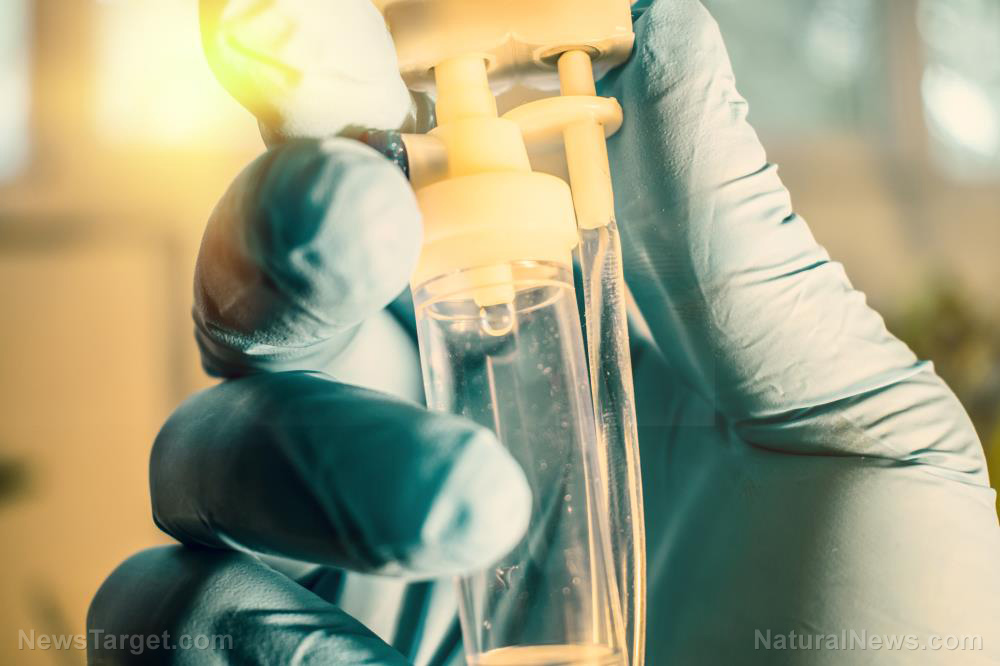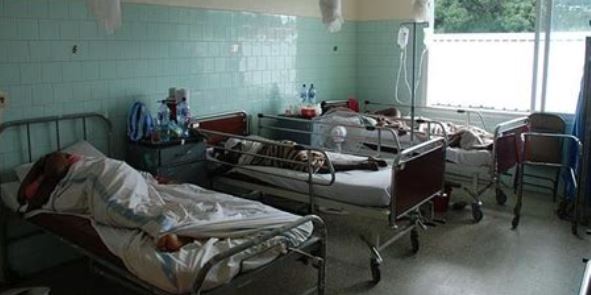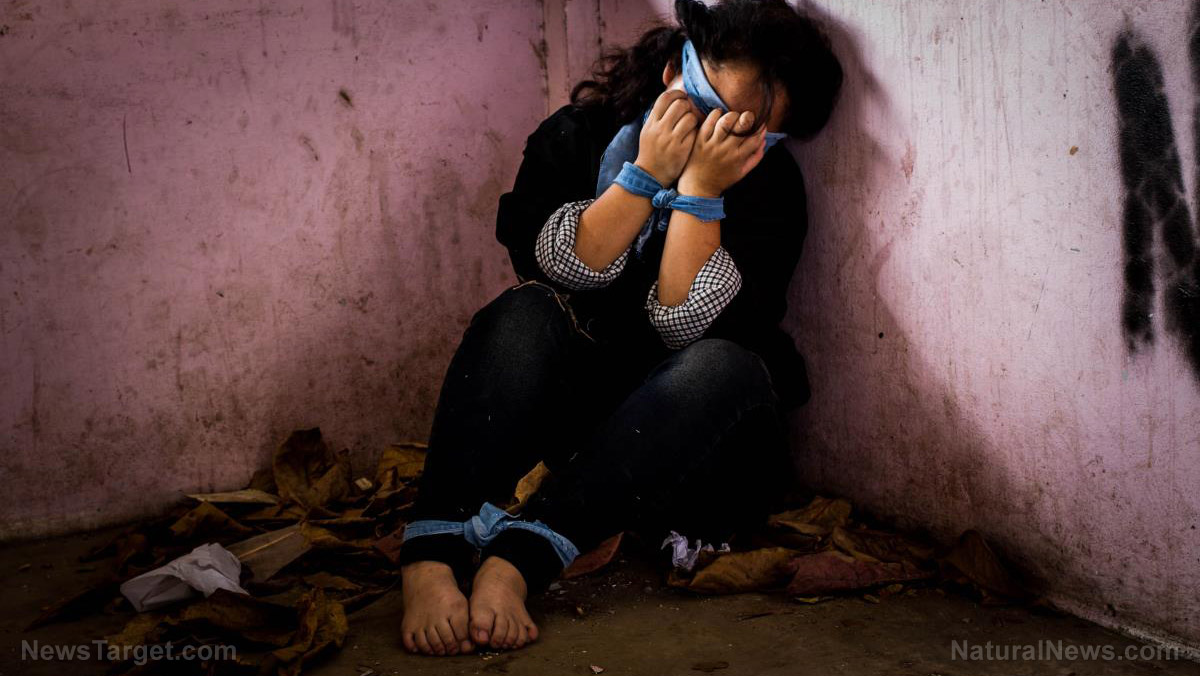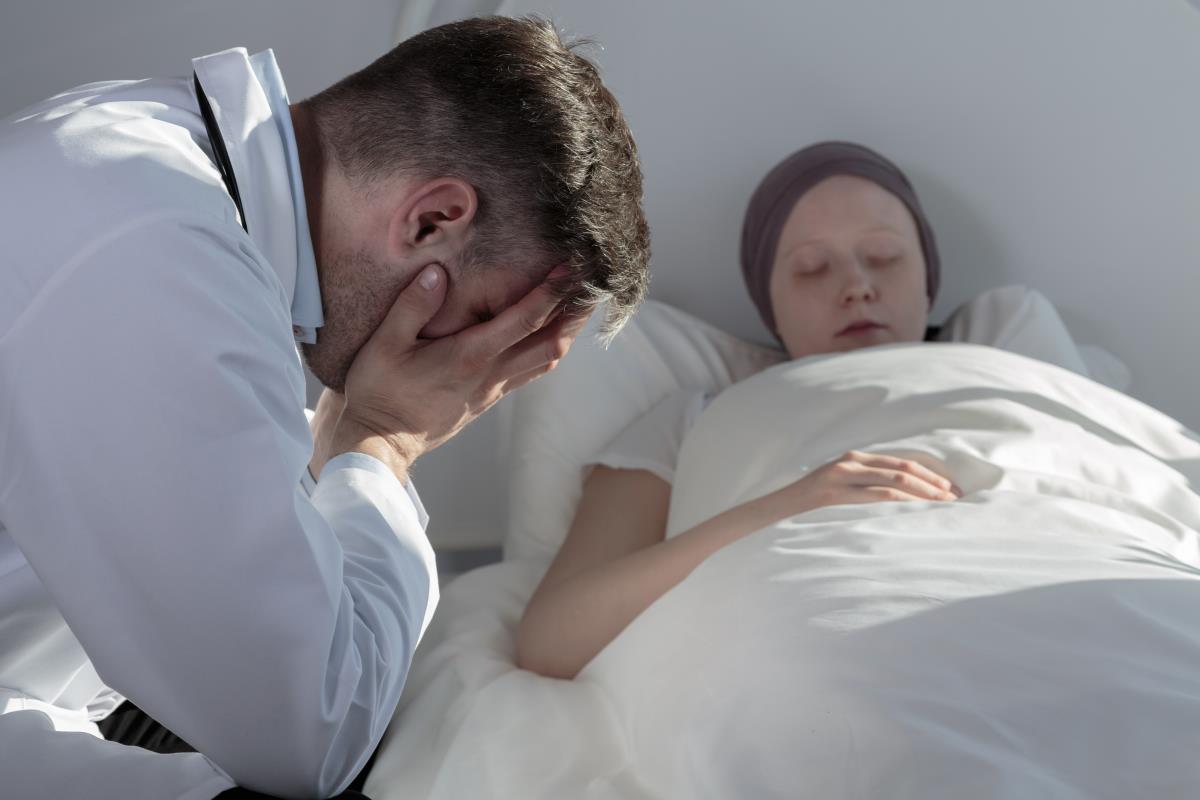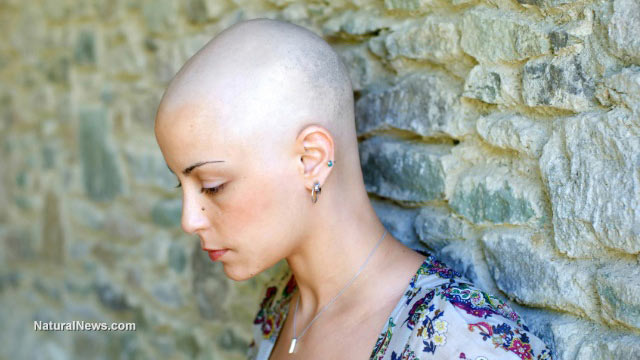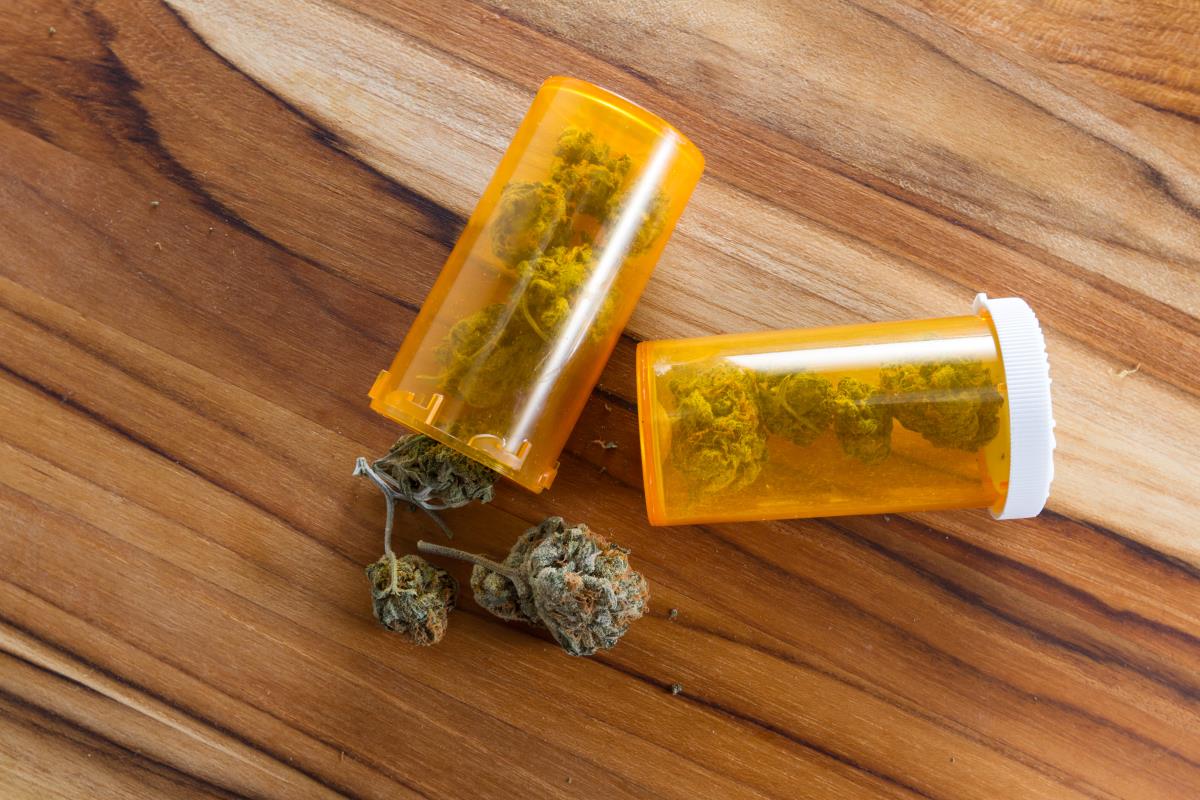Studies reveal conventional cancer treatments can be as dangerous as the disease itself
05/30/2019 / By Tracey Watson

Chemotherapy has been the go-to treatment for cancer since the late 1940s. Nearly eight decades ago, researchers examining the therapeutic effects of mustard gas on lymphoma declared that this toxic chemical could significantly reduce the size of tumors for a few weeks after treatment. To this day, doctors continue to insist that chemotherapy represents the cancer patient’s best chance at survival.
Rather than focusing on encouraging people to maintain a healthy weight, exercise regularly, quit smoking, drink in moderation and make other necessary lifestyle changes – the only proven way to prevent cancer – the medical establishment pushes the narrative that early detection and conventional treatments like chemotherapy are the best way to lower cancer death rates.
But do the facts support their contention? Not at all. As reported by BBC News, cancer is on the increase around the world, and so is the number of people it kills each year. Between 2012 and 2018, the number of patients diagnosed with cancer annually rose from 14.1 million to 18.1 million, while the number of fatalities increased from 8.2 million to 9.6 million.
So, why the increase? A large contributing factor is likely the fact that far from being the miracle cure it’s touted to be, chemotherapy kills many of the very people it is supposed to cure.
Cancer a $200 billion industry that harms patients for profit
As recently as 2015, cancer drugs represented a $100 billion a year industry, and that figure is set to double to $200 billion in the next few years. Livestrong reports that an eight-week course of chemotherapy can cost a patient as much as $300,000.
Chemotherapy is a massive cash cow for investors; perhaps that is the reason researchers keep coming up with new “treatments” rather than actively searching for a cure?
Nonetheless, no matter how hard medical practitioners push these chemicals as the best treatment plan for cancer patients, the reality is that all chemotherapy is dangerous – so dangerous in fact that studies have found that these treatments are as lethal as the disease they are supposed to treat.
What the studies show
Back in 2006, a study published in the Journal of the National Cancer Institute reported that 61 percent of women who were treated with chemotherapy for breast cancer were hospitalized in the year following treatment for a variety of reasons.
The researchers found that in the year following the women’s initial diagnosis, the women on chemotherapy were much more likely to be hospitalized or go to the emergency room for any cause. Only 42 percent of the women not being treated with chemo went to the ER or were hospitalized, compared to 61 percent of the chemo patients. Most hospitalizations were for fever and infections, or for low blood cell counts and dehydration.
Even worse, a more recent study, conducted by the Albert Einstein College of Medicine of Yeshiva University in New York, found that chemotherapy often increases the aggressiveness of cancer cells, causing tumors to spread throughout the body.
Many are given chemotherapy before surgery, but the new research suggests that, although it shrinks tumours in the short term, it could trigger the spread of cancer cells around the body.
It is thought the toxic medication switches on a repair mechanism in the body which ultimately allows tumours to grow back stronger. It also increases the number of ‘doorways’ on blood vessels which allow cancer to spread throughout the body.
Another study, conducted by Public Health England and Cancer Research UK, which examined the number of people who died in the 30 days immediately after undergoing chemotherapy, found “an alarming mortality rate that was directly associated with the chemotherapy treatment.”
Clearly, chemotherapy is far from the “miracle treatment” it’s claimed to be. Ultimately, the best way to treat cancer is to prevent getting it in the first place by making the best possible lifestyle choices every day. Learn more at Cancer.news or Chemo.news.
Sources include:
Tagged Under: bad doctors, Big Pharma, cancer, cancer treatment, dangerous treatment, deception, immunity, lifestyle, toxic ingredients, tumors
RECENT NEWS & ARTICLES
COPYRIGHT © 2017 CHEMO NEWS


